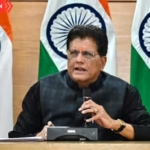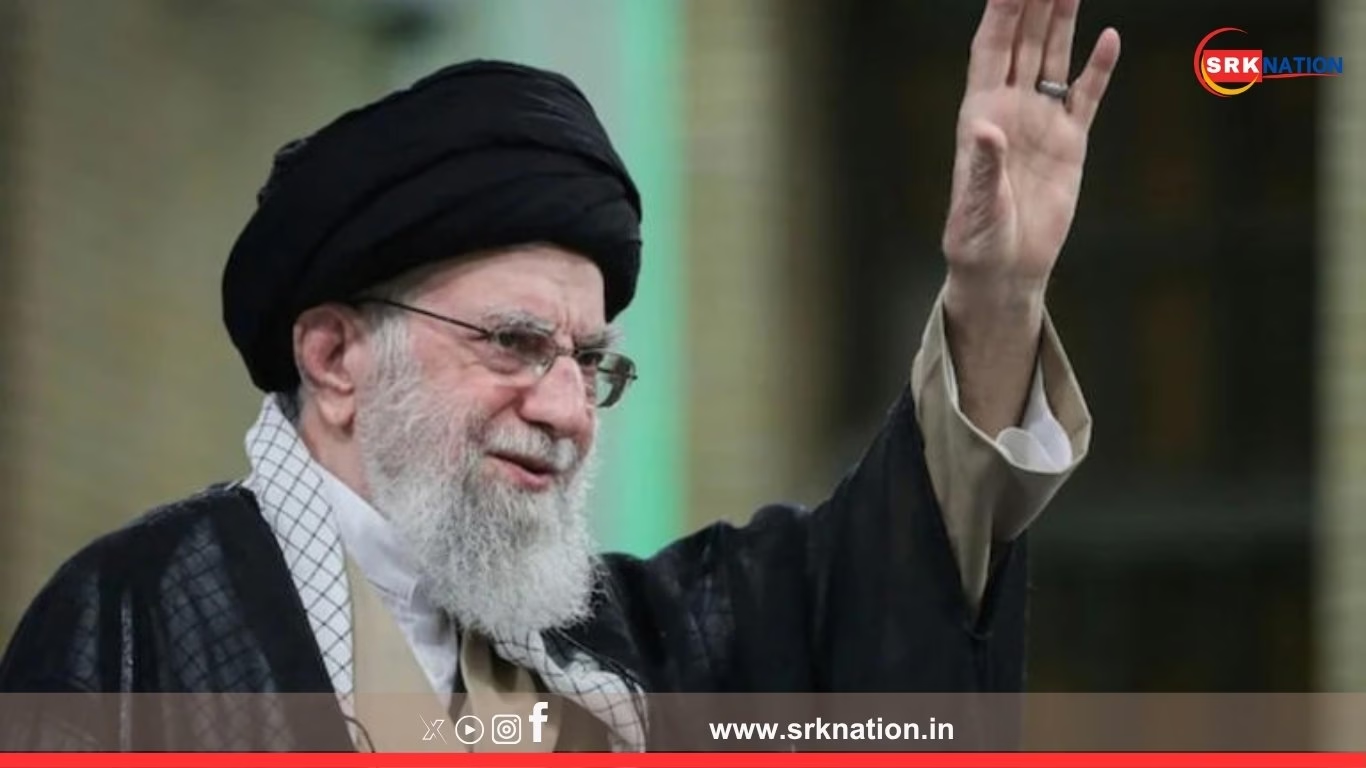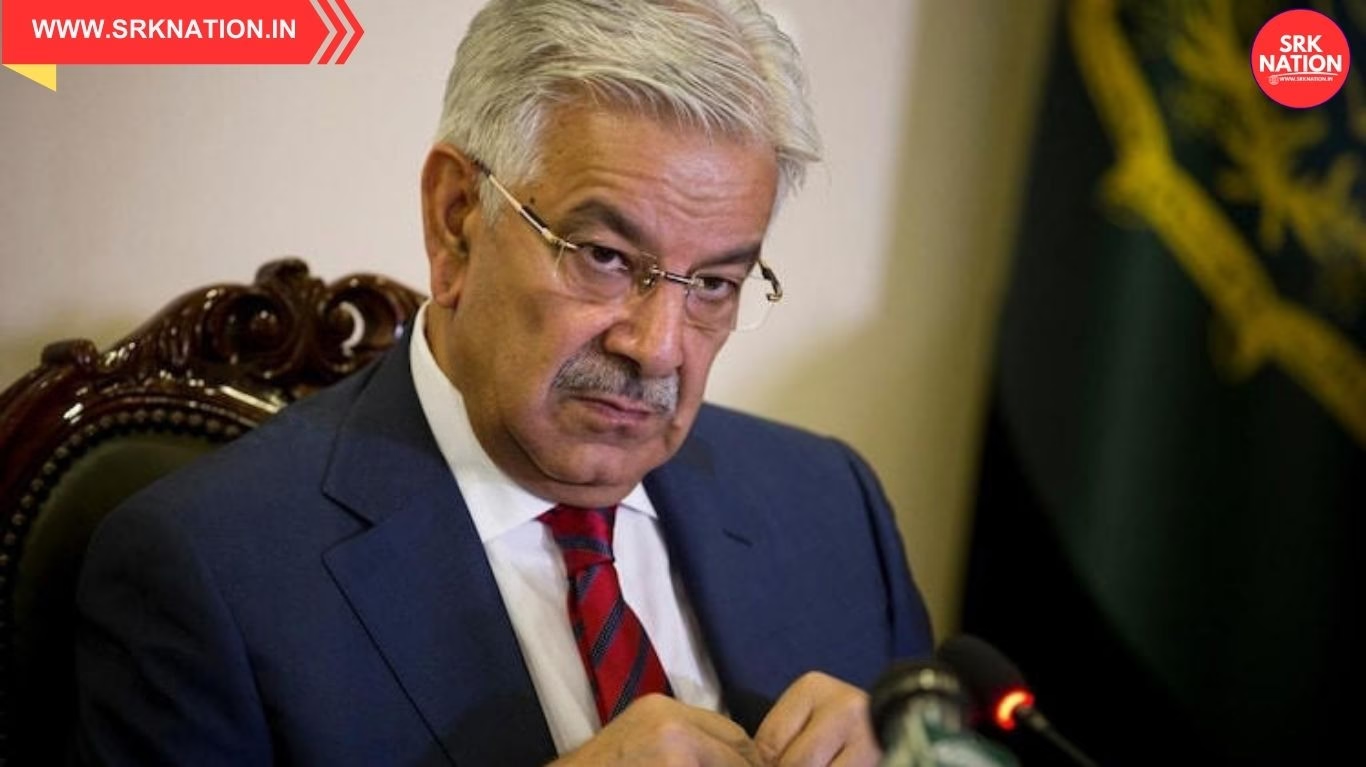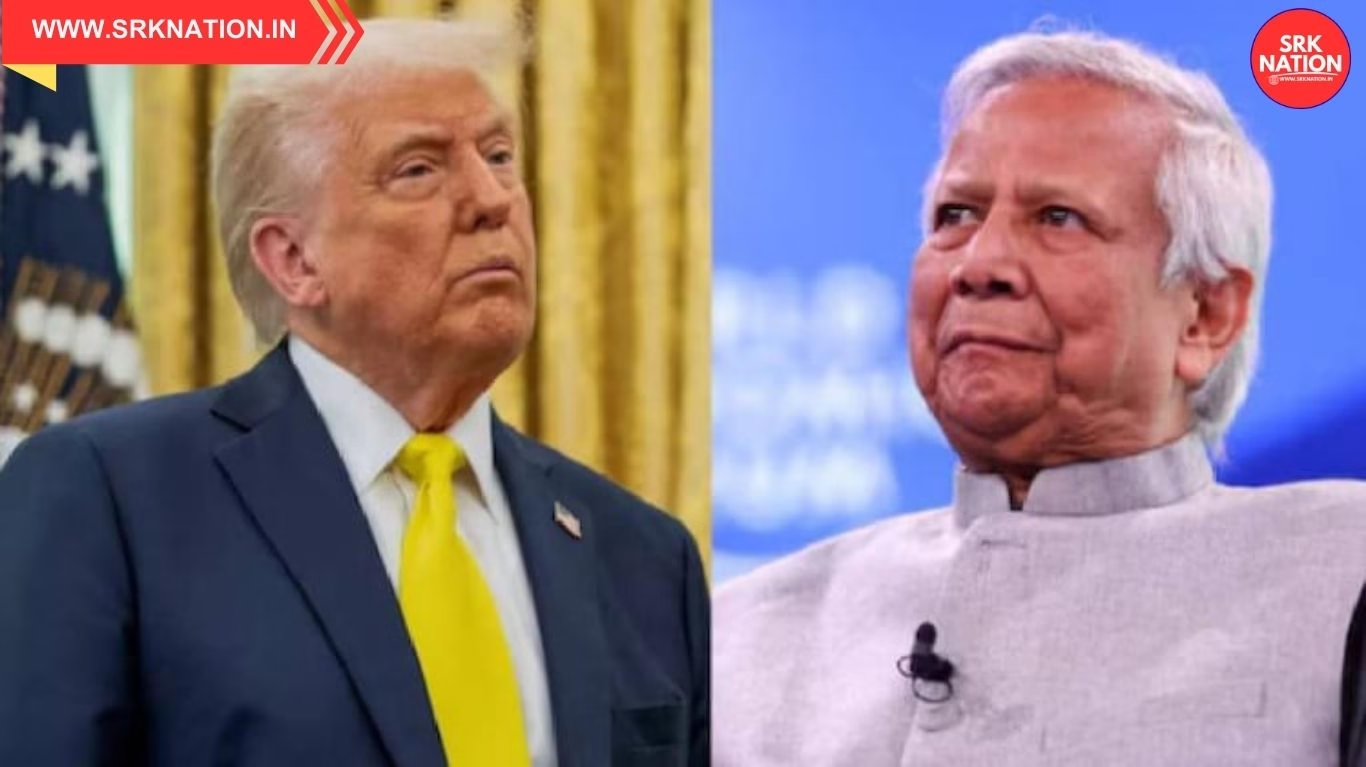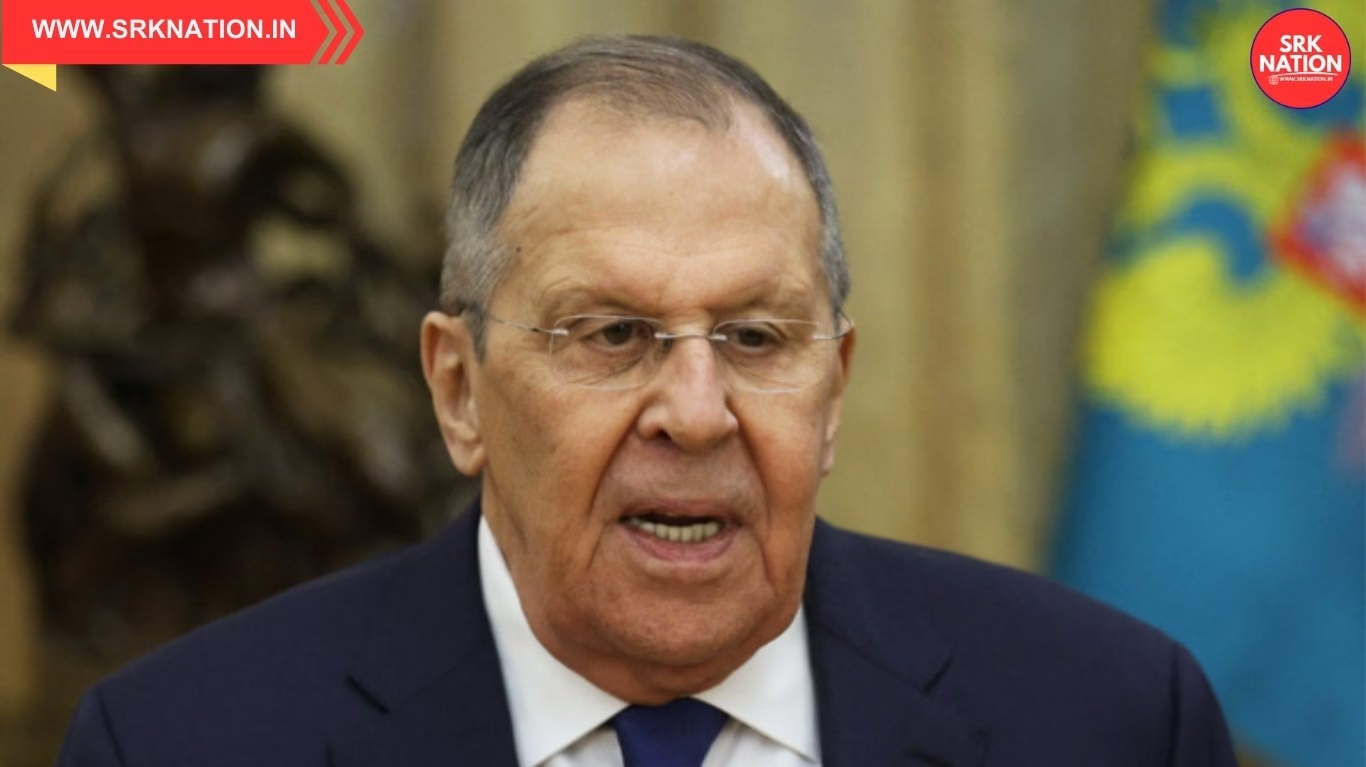A controversial online post has ignited a fresh wave of political turbulence in the Middle East after a social media account allegedly linked to Israel’s intelligence agency Mossad accused Iran’s Supreme Leader Ayatollah Ali Khamenei of being drug-dependent and disengaged from daily governance. The account, known for previously leaking sensitive information related to Iran’s elite forces, claimed the 85-year-old leader “sleeps all day” and is administered “strong narcotics” by his inner medical team to manage age-related illnesses.
While Iran’s official channels have categorically dismissed the claims as baseless psychological warfare, the timing and virality of the accusation have raised concerns over escalating shadow warfare between Iran and Israel, particularly in cyberspace.
Origins of the Accusation: An Information War Escalates
The claims originated from an X (formerly Twitter) account known as “Open Hands,” which has previously posted intelligence leaks and satellite imagery connected to Iranian nuclear and military activities. In its recent thread, the account alleged:
- Ayatollah Khamenei’s public appearances are pre-recorded or tightly choreographed
- He is heavily medicated with sedatives to manage pain and sleep disturbances
- The Supreme Leader rarely interacts with senior decision-makers in real-time
- Major national and military policies are allegedly controlled by a shadow council led by IRGC commanders and his son, Mojtaba Khamenei
The post quickly went viral, attracting responses from pro-Israel commentators, Iranian dissidents, and cyber watchers around the globe. The Iranian regime, in turn, accused foreign actors of launching coordinated psychological attacks to sow internal dissent and damage national morale.
Ayatollah Khamenei’s Health: A Persistent Mystery
Over the last decade, speculation around Khamenei’s health has been rampant, particularly following his battle with prostate cancer in 2014. His increasingly limited public schedule, reduced mobility, and virtual-only addresses have only added fuel to the rumors.
| Year | Health Rumor/Event | Public Appearance Frequency | Official Response |
|---|---|---|---|
| 2014 | Prostate surgery revealed | Low | Acknowledged surgery success |
| 2018 | Cancer relapse reports | Moderate | Dismissed |
| 2020 | COVID-19 shielding | Very low | Virtual events only |
| 2022 | Video shows visible frailty | Rare appearances | No formal response |
| 2025 | Mossad-linked drug dependency claim | Unclear | Labeled “Zionist fabrication” |
While Iran’s tightly controlled media apparatus offers only glimpses of Khamenei’s day-to-day life, analysts say it is plausible that a parallel power structure is already managing state affairs, especially as succession planning quietly intensifies behind closed doors.
Who Runs Iran if Khamenei Is Incapacitated?
Iran’s political framework places absolute authority in the hands of the Supreme Leader. However, if the current leader is incapacitated, decision-making power could temporarily or permanently shift toward:
- Mojtaba Khamenei, his son, who has built influence within the Islamic Revolutionary Guard Corps (IRGC)
- Council of Experts, constitutionally empowered to select a new leader
- Expediency Council, which balances executive and judicial power
- President Ebrahim Raisi, although considered more symbolic under Khamenei’s rule
Some experts argue Iran’s leadership is already functioning under a “delegated autocracy” model, where real decisions are made by military and clerical networks, not the Supreme Leader himself.
Israel and Iran: Digital Warfare Deepens
This is not the first time Iran has accused Israel of psychological warfare. From Stuxnet cyberattacks on nuclear facilities to assassinations of nuclear scientists, Israel’s intelligence footprint inside Iran is widely reported.
The new accusation—though unofficial—fits within a broader strategy of destabilization:
- Cyber disinformation: Undermining trust in Iranian leadership
- Internal dissent: Fueling resistance among disillusioned youth
- International narrative shaping: Reducing Iran’s credibility on global platforms
Digital analysts suggest that accounts like “Open Hands” may be managed by former Iranian insiders or intelligence operators with extensive access to surveillance tools and human intelligence networks.
Public Reactions Inside and Outside Iran
Inside Iran, while public media ignored the viral thread, social media activity among Persian-speaking users surged. Memes, satire posts, and renewed calls for political transparency flooded online platforms despite censorship efforts.
Outside Iran, opposition groups and diaspora figures used the allegation to question the legitimacy of the current regime. Some human rights activists went further to demand international medical evaluations for Khamenei, citing concern for national sovereignty.
At the same time, pro-regime influencers retaliated by calling the claims “a digital assassination attempt” and accused the West of meddling in Iran’s internal affairs.
Religious and Political Implications
Ayatollah Khamenei holds not just political but immense spiritual authority as Iran’s Supreme Leader and the top Marja for millions of Shiites globally. Questioning his mental or physical condition has significant religious consequences.
If he is no longer able to fulfill his duties, the process of selecting a new Supreme Leader will challenge the country’s ideological continuity. Some scholars argue that this may be the moment Iran’s political system transforms altogether—perhaps toward a more collective leadership model or even reforms of the Guardian Council structure.
Succession Watch: Who Could Replace Khamenei?
| Contender | Position | Strengths | Challenges |
|---|---|---|---|
| Mojtaba Khamenei | Cleric, Khamenei’s son | Trusted by IRGC, powerful backers | Nepotism concerns, lacks religious credentials |
| Ebrahim Raisi | President of Iran | Judiciary background, loyalty | Lacks mass popularity, symbolic post |
| Ayatollah Sadeq Larijani | Expediency Council Member | Legal experience, from powerful family | Controversial past rulings |
| Ayatollah Alireza Arafi | Assembly of Experts member | High religious credentials | Low public profile |
Observers expect the IRGC to play a pivotal role in shaping the next phase of leadership, ensuring continuity of the revolutionary state while adapting to evolving geopolitical realities.
Conclusion: More Than Just a Rumor
Whether the drug dependency claim is factual or fabricated, its timing underscores the intensifying digital warfare between Iran and Israel. More importantly, it sheds light on a core truth long whispered in diplomatic and intelligence circles—that Iran’s top leadership may already be more symbolic than functional.
For the international community, especially those engaged in nuclear talks or regional diplomacy, understanding the true centers of power in Tehran is more critical than ever.
As Iran navigates one of its most sensitive transitions in decades, the world must pay close attention—not just to the words of its leaders, but to the shadows moving behind them.
Disclaimer:
This news article is based on publicly available information and digital content posted by alleged intelligence-linked accounts. The claims made have not been independently verified. The intention of this report is to inform readers of ongoing developments in global politics and cybersecurity narratives. Readers are advised to approach all viral claims with caution and rely on official channels for confirmation.






